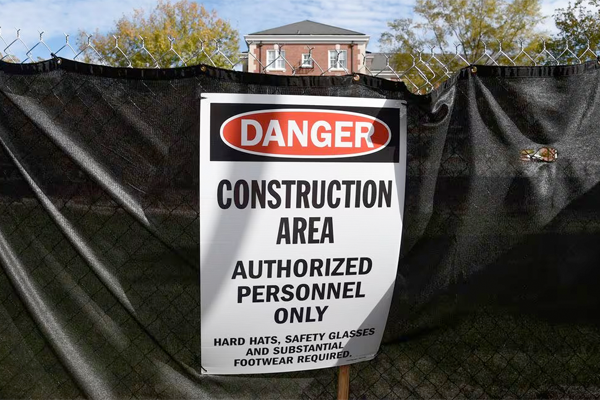
Excerpt from Cleveland.com
The leaders of Ohio’s 14 universities are being summoned to the Ohio Senate to account for their budget requests – as well as to detail spending on diversity, equity and inclusion – in a bill that pays for state government building construction and local projects.
The General Assembly usually passes a capital budget in even-numbered years if the state has enough revenues to pay for one. It’s lower profile than the passage of the larger, two-year government operations budget passed in odd years. The capital budget funds construction of buildings for state agencies, colleges and universities and K-12 schools. It also sends money to local communities to pay for parks, museum upgrades and educational programming.
The capital budget is normally assembled behind the scenes and revealed to the public about a week before it is passed. But this year, state Sen. Jerry Cirino, a Kirtland Republican and chairman of the Senate Workforce and Higher Education Committee, sent a letter Jan. 11 to the state’s 14 public universities, saying there will be hearings in which they need to discuss their building requests, as well as costs associated with the employee headcount; annual count of faculty, administration and employees and their benefits; “a complete accounting of all spending on diversity, equity and inclusion or related subjects;” and other expenses.
This is out of the ordinary for a capital budget, said Sara Kilpatrick, executive director of the Ohio Conference of the American Association of University Professors.
“I can’t recall ever in my years of being around the Statehouse there actually being hearings where the university presidents are being called in to provide testimony on the capital budget requests,” she said. “Obviously they’re being asked for much more than the capital budget requests.”
Cirino has been leading Ohio Republicans’ focus on halting DEI in Ohio’s public universities since he introduced Senate Bill 83 last year. The bill originally would have prohibited DEI policies, but was later amended to permit them if they’re necessary for a school to receive a research grant.

